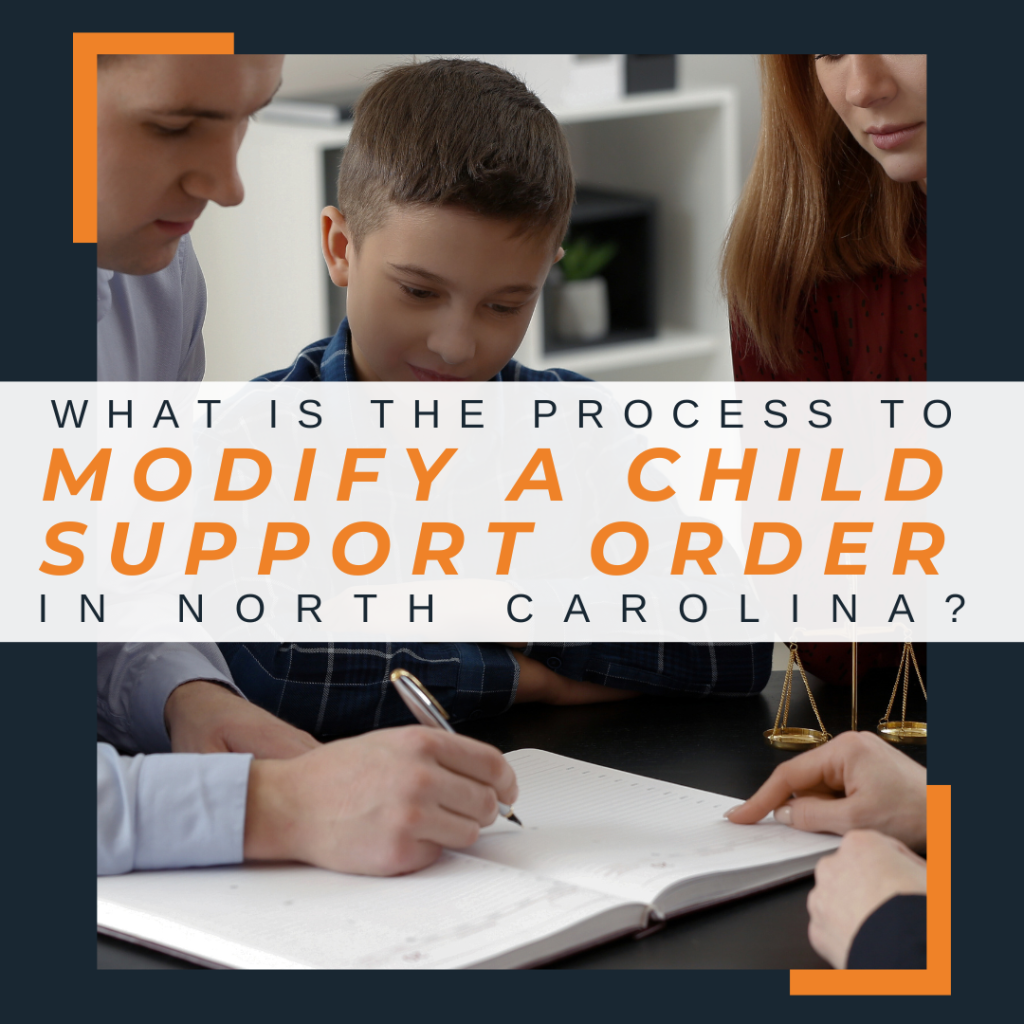Many couples make the decision to live together. Whether they plan to marry in the future or simply want to enjoy a relationship without the commitment of marriage, living together is a common occurrence. While living together can be joyful, it can make parting ways more difficult. Unlike married couples who divorce, the law does not have a specific process in place for those who live together. In fact, cohabitation is illegal in North Carolina, although it is not something that is prosecuted. Therefore, couples need to understand how to divide their assets and property if they decide to end their relationship.
Property Division
 Charlotte Divorce Lawyer Blog
Charlotte Divorce Lawyer Blog











